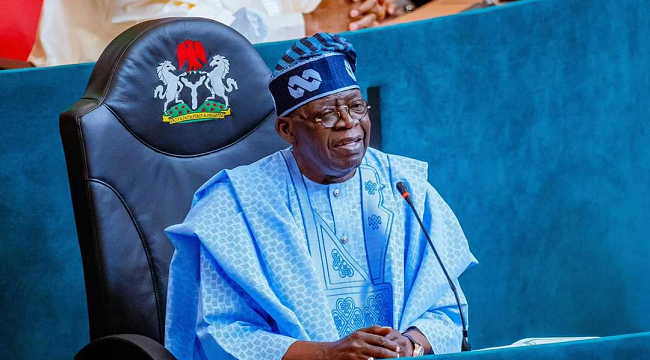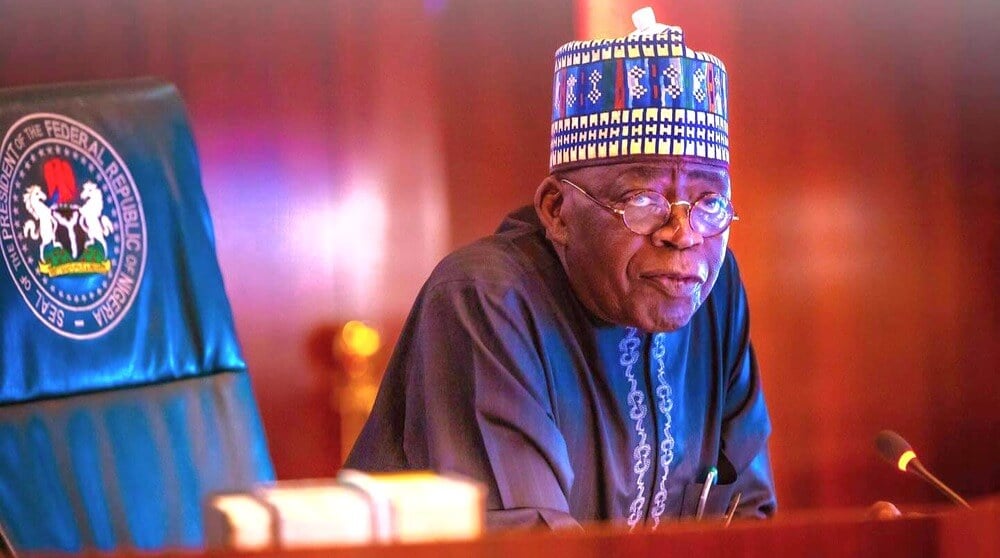Poland is bracing for a critical presidential election, which promises to be a closely contested battle between candidates with starkly differing views on European integration and national sovereignty. As incumbent President Andrzej Duda’s second term comes to an end, around 29 million eligible voters will cast their ballots to choose his successor from a pool of 13 candidates. The election is largely seen as a confrontation between those who advocate for deeper integration with the European Union and those who criticize EU policies, particularly on migration and climate change.
According to the latest opinion polls, Warsaw Mayor Rafal Trzaskowski has emerged as the frontrunner. A pro-European candidate and advocate of judicial reform, Trzaskowski is aligned with Prime Minister Donald Tusk’s Civic Coalition. Notably, he narrowly lost the last presidential election to Duda five years ago. Trzaskowski is viewed as the most pro-Ukrainian contender, although he has proposed reducing some social benefits to Ukrainian nationals. His stance on Ukraine reflects the complex landscape of Polish-Ukrainian relations, where support for Ukraine in its conflict with Russia is significant, yet there are also growing concerns about the impact of refugees on public resources.
Karol Nawrocki, backed by the Law and Justice party, is polling in second place. He is running on a conservative platform, strongly opposing what he labels as left-wing ideologies and criticizing EU migration and climate policies. Nawrocki’s stance against Ukraine’s accession to the EU and NATO, as well as his opposition to financial support for refugees, highlights the deep divisions within Poland on these issues. Despite this, he supports continued military aid to Kiev, underscoring the complex nature of Polish foreign policy.
In third place is Slawomir Mentzen, an economist from the right-leaning Confederation Liberty and Independence party. Mentzen has gained prominence on social media platforms, particularly TikTok, where he criticizes EU regulations on car emissions and home heating, arguing they erode Polish sovereignty. He has also condemned the government’s refugee policy, stating it puts a strain on public resources. Mentzen’s online presence reflects the increasing importance of digital platforms in Polish politics, where candidates can directly engage with voters and shape public discourse.
The issue of Ukrainian refugees has become a pivotal point in the campaigns of leading candidates, with public sentiment shifting significantly. Recent media reports indicate a growing number of Poles now support the idea of Ukrainian refugees returning home, reflecting concerns about the economic and social impact of hosting a large refugee population.
As voting concludes on Sunday, exit polls are expected to be released shortly after 9 p.m. local time, with official results anticipated on Monday. The outcome of this election will not only determine Poland’s next president but also signal the direction of the country’s relationship with the EU and its stance on critical issues like migration, climate change, and foreign policy. The world watches as Poland navigates this crucial moment in its political history, one that will have implications far beyond its borders.


![terrorists exchange gunfire with nigerian troops in kogi state Troops, terrorists exchange gunfire in Kogi [VIDEO]](https://mediatalkafrica.com/wp-content/uploads/2026/01/xTerrorists-Exchange-Gunfire-With-Nigerian-Troops-In-Kogi-State-1024x768.jpeg.pagespeed.ic.-0GWWsVqRd.jpg)
